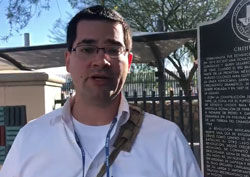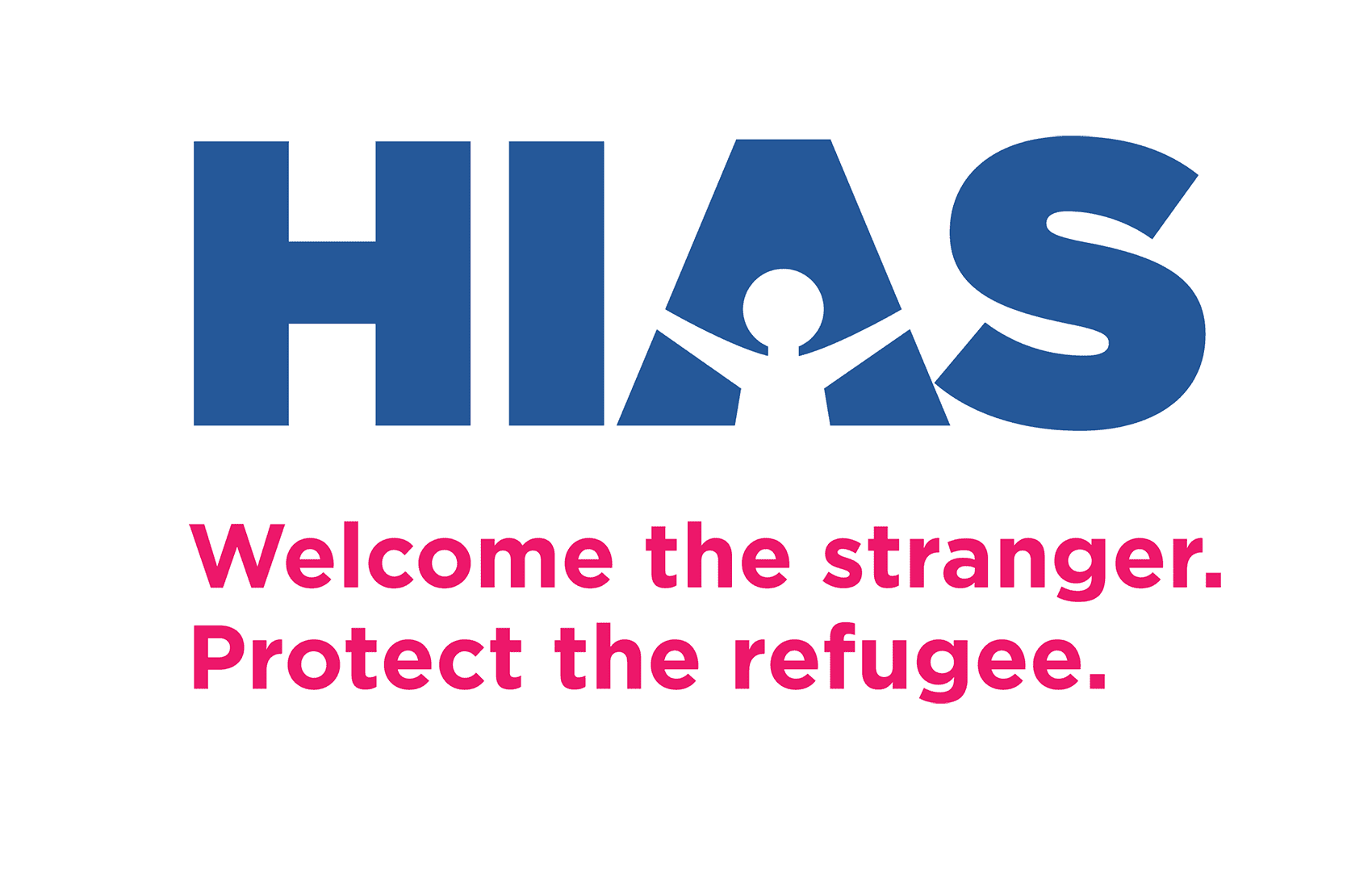Topic: U.S. Border Response
HIAS advocates for the humane treatment of those seeking asylum at the U.S.-Mexico border. This work includes routinely organizing delegations of faith leaders to observe current conditions and partner organizations’ work along the border.
125 results
May 18, 2022
Stranded in Mexico: The Human Cost of Title 42
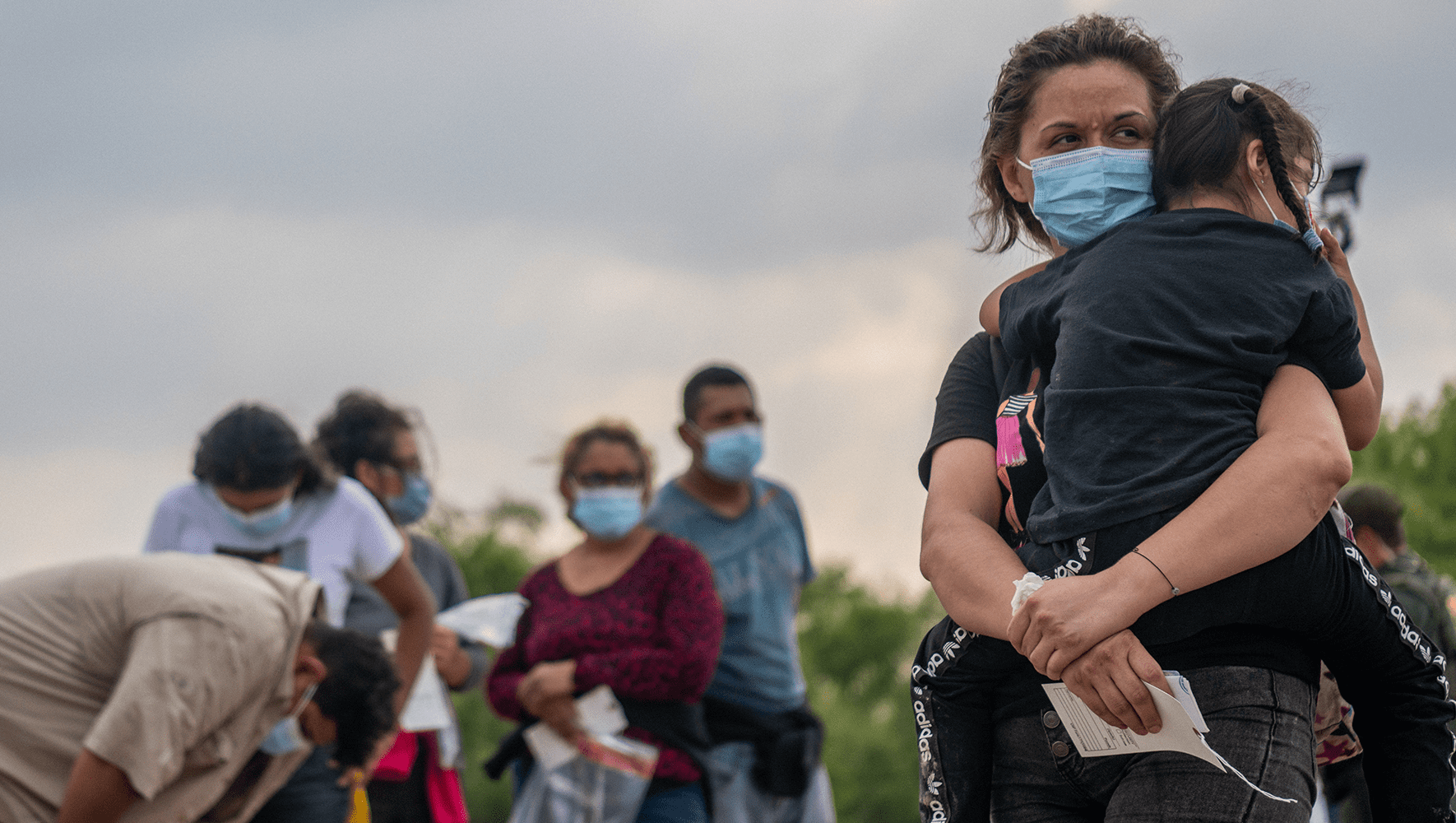
Apr 26, 2022
Demonstrators Outside Supreme Court Demand End to MPP
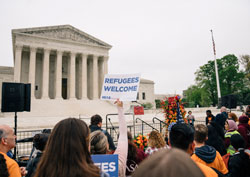
Apr 8, 2022
After More Than Two Years, Title 42 Set to End May 23
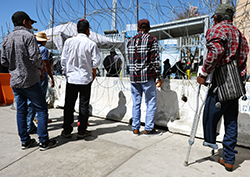
Mar 25, 2022
Title 42, a View From the Border in March 2022

Feb 2, 2022
Stories from the Border: U.S. Policy Drives Unsafe Migration
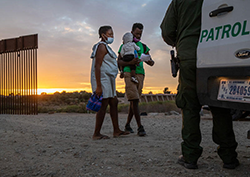
Oct 20, 2021
MPP’s Return Will Make Bad Border Situation Worse
